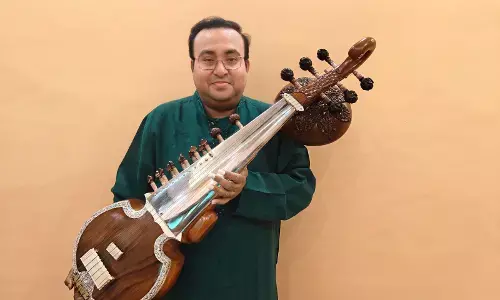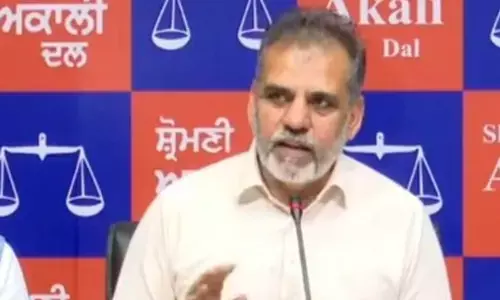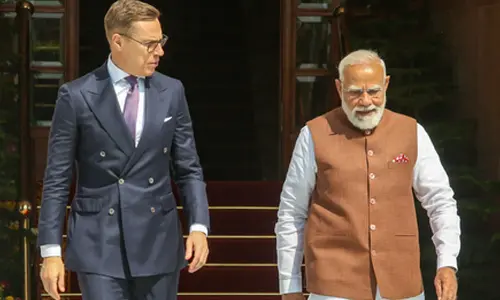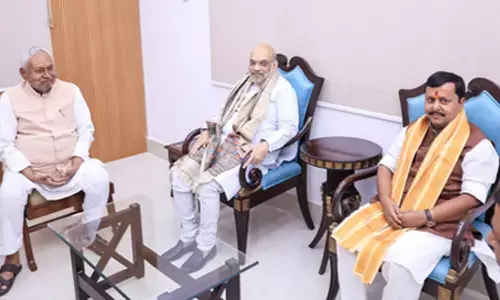India's long wait for medal continues

India's long wait for medal continues
German resilience triumphs in high-quality World Cup
Bhubaneswar: In a World Cup of high-quality hockey, the German "culture of resilience" triumphed, ending Belgium's five-year reign as the most successful team, while hosts India's nearly five-decade long wait for a medal continued.
The Germans made another stunning comeback from a two-goal deficit to beat defending champions Belgium 5-4 in a penalty shootout of a classic summit clash.
Germany joined Australia and Netherlands to have clinched the World Cup title three times. Only Pakistan have won the World Cup four times. Germany's earlier triumphs had come in 2002 and 2006. The triumph also took Germany to the top of FIH world rankings from the pre-tournament fourth place.
Netherlands, who had finished runners-up in the last two editions, clinched their fourth straight medal after beating Australia 3-1 in the bronze play-off. They had also won a bronze in the 2010 edition. For Australia, this was the first time they returned home without a medal after they finished fourth in the 1998 edition. They had won a bronze in the last edition. The next World Cup in 2026 will be co-hosted by Belgium and Netherlands and under tournament rules both the countries have already qualified for the showpiece
For India, though, it was yet another disappointment in their second consecutive home World Cup as they made a shock exit before the quarterfinals stage. If the Germans made it a habit of coming back from 0-2 down to win the World Cup, it was the opposite for India as the hosts, ranked sixth in the world, squandered a two-goal advantage to lose to New Zealand, six places below them in world rankings, in penalty shootout in their crossover match. With crores of rupees being spent on training, exposure tours and support staff salaries, this team would have done better and at least reached the quarterfinals, if not the semifinals. In the end, this was India's fifth worst placing in all the 15th editions of the World Cup the country has participated in. India had finished below ninth on four occasions -- in 1986 (12th), 1990 (10th), 2002 (10th) and 2006 (11th).
They had finished ninth in 1998 and 2014 also. India had crashed out in the quarterfinal in the home World Cup in 2018. Two main reasons for India's debacle were the abysmal rate of penalty corner conversion and the lack of finishing by the forwards. To this should be added the inconsistency in defending.
India, whose last World Cup medal came in 1975 when they won a gold in Kuala Lumpur, did beat Spain (2-0) and drew goalless with England but could only win with 4-2 margin against minnows Wales that cost the home team a top place finish in their pool, which would have taken them directly to the quarterfinals. Head coach Graham Reid later admitted that a home World Cup brought extra pressure to the players which was sometimes difficult to process, and stressed the need for the team to have a mental conditioning coach.
This World Cup, participated by 16 teams, turned out to be the highest scoring one in all of the 15th editions with an average of 5.66 goals per match. The tournament saw 249 goals being scored in 44 matches. 143 were field goals, while 94 and 12 came from penalty corners and penalty strokes, respectively. The 2010 World Cup in New Delhi, which was participated by 12 teams, had 199 goals from 38 matches, at an average of 5.24 per game. The penalty corner conversion rate, though, went down drastically, with most of the teams defending the PCs much better than earlier.










